FDI key to India's aspiration to be a USD 5 trillion economy, says Deloitte CEO
Foreign Direct Investment (FDI) is critically important for India to become a USD 5 trillion economy, Deloitte CEO Punit Renjen said while noting that over two-fifths of the 1,200 business leaders surveyed in the US, UK, Japan and Singapore are planning additional or first-time investments in India.

Foreign Direct Investment (FDI) is critically important for India to become a USD 5 trillion economy, Deloitte CEO Punit Renjen said while noting that over two-fifths of the 1,200 business leaders surveyed in the US, UK, Japan and Singapore are planning additional or first-time investments in India.
Referring to the survey, he said India continues to be "one of the most attractive" FDI destinations.
See Zee Business Live TV Streaming Below:
"Despite the COVID-19 destruction, inflows hit a record high last year. Business leaders, whom Deloitte surveyed, are preparing to make additional and first-time investments in India," Renjen told PTI.
The CEO of the top multinational professional services network said, "FDI, I believe, is the key to India's aspiration to be a USD 5 trillion economy and I think that is eminently doable. I am certainly a very big proponent of India and what can be accomplished."
The fourth key takeaway from the survey was the value of the skilled workforce and prospects for economic growth, particularly domestic. These are important attractors for FDI, he said.
Also, it is still believed that India is a challenging place to do business. This perception is due to low awareness about government programmes, incentives and reforms, particularly those that have just been announced by the government, he said.
"Of 1,200 business leaders surveyed in the US, UK, Japan and Singapore, 44 per cent are planning additional or first-time investments in India. Among the first-time investors, nearly two-third are planning to do so within the next two years," Renjen said.
The Deloitte CEO noted that although there is a significant crossover, access to India's domestic market is very important in addition to the country being an export hub. But the attraction of the domestic market is very important for FDI investment, he said, adding, "Business leaders rated India higher on economic growth and skilled workforce, which are great attractors."
Observing that government policies are certainly very welcome and are helping in attracting FDI in India, Renjen said some of the recent policy clarification is very good and the stated investment in infrastructure is very positive.
He said 16 per cent of surveyed business leaders in Japan, and nine per cent in Singapore were less aware of the initiatives such as digitization of customers, clearance and production.
"There is a lack of awareness of all the really good things that the government is doing."
Under Renjen's leadership, Deloitte this month became the first professional services firm to cross USD 50 billion. Even during the COVID-19 times, the company grew by 5.5 per cent.
He said Deloitte has informed Prime Minister Narendra Modi that it will hire 75,000 more people in India in the next three years. The company currently has 65,000 people in India, out of a total global workforce of 3,45,000.
During the COVID-19 crisis in India, Deloitte provided massive assistance both in terms of finances and healthcare equipment and also came out with the Sanjeevani Pariyojana -- a supervised, virtual home-care initiative to help people quickly access healthcare for mild to moderate symptoms of Covid.
The programme is now being rolled out in various parts of the country. Several other countries, South Africa in particular, are adopting the project.
"We have taken what we have done in Haryana, and we're now implementing it with the government in South Africa... We will also take it to Southeast Asia," Renjen said.
"We leveraged home healthcare oximeters, oxygen concentrators and India's unique capabilities like the Asha workers. This was a very uniquely Indian answer to a problem. We also learned that this is a good way to provide primary healthcare, especially in rural areas," he said.
The lessons that were learnt in India are definitely "exportable", the Deloitte CEO said.
Responding to a question, Renjen said the first lesson India can learn from the Covid crisis is an investment in primary healthcare, the second is that vaccination is very important and the third is COVID-19 is a very difficult enemy.
"We cannot let our guard down. We have to be very vigilant and this will take us a lot of effort to address. The last lesson is this is not an Indian problem but a global problem," he added.
Renjen also said that India is "absolutely key" to Deloitte.
Fifteen per cent of Deloitte's 3,45,000 individuals live and work in India, and this is going to go up to nearly 25 per cent in the next three years, he said adding the intent is to reach tier-two and tier-three cities.
Get Latest Business News, Stock Market Updates and Videos; Check your tax outgo through Income Tax Calculator and save money through our Personal Finance coverage. Check Business Breaking News Live on Zee Business Twitter and Facebook. Subscribe on YouTube.
RECOMMENDED STORIES
09:07 AM IST






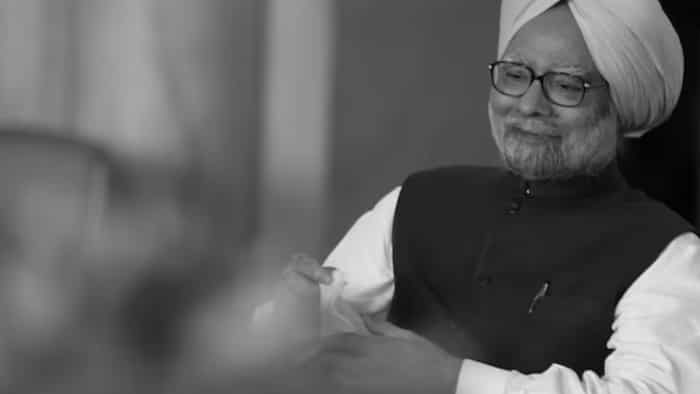
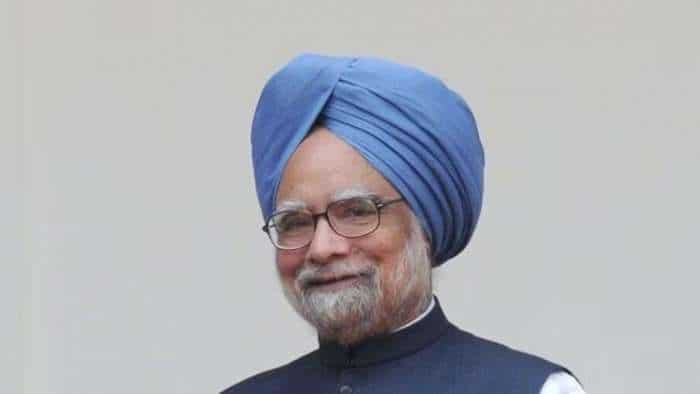
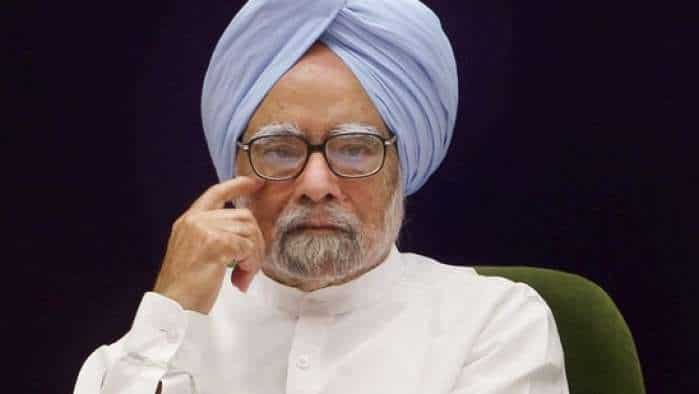
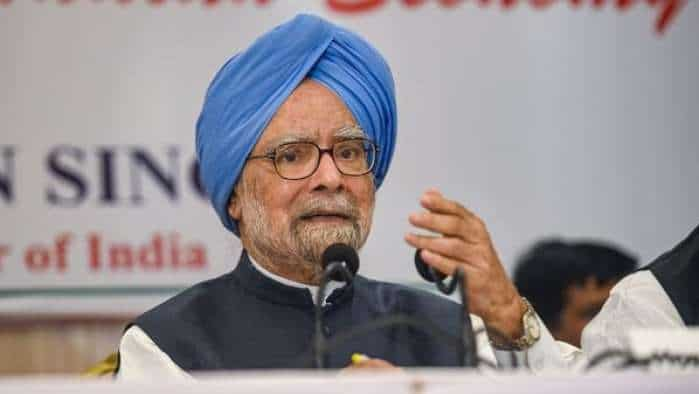
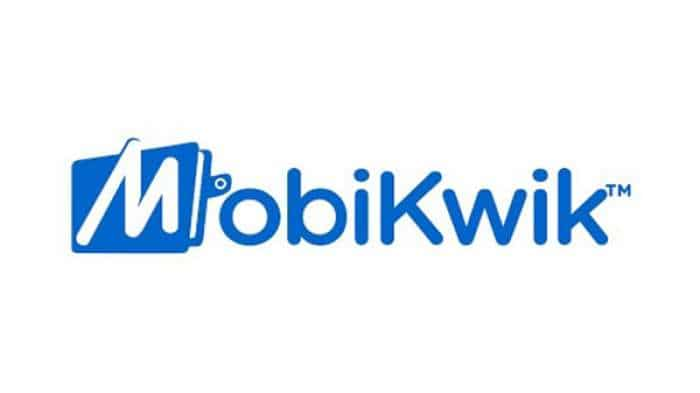
 Insurance Amendment Bill proposing 100% FDI unlikely in winter session
Insurance Amendment Bill proposing 100% FDI unlikely in winter session Key investment destination: FDI inflows in India cross $1 trillion
Key investment destination: FDI inflows in India cross $1 trillion FDI in India's food processing sector reaches USD 368 million in April September
FDI in India's food processing sector reaches USD 368 million in April September FDI inflows jump 45% to $29.79 billion in April-September 2024
FDI inflows jump 45% to $29.79 billion in April-September 2024 FDI inflows jump 47.8% to USD 16.17 billion in April-June 2024
FDI inflows jump 47.8% to USD 16.17 billion in April-June 2024